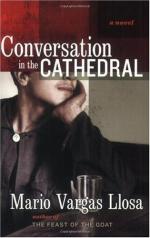|
This section contains 5,125 words (approx. 18 pages at 300 words per page) |

|
Dictionary of Literary Biography on Raymond Carver
Appreciative of Anne Tyler's description of him as a "spendthrift," Raymond Carver said during an interview with Kasia Boddy (in Conversations with Raymond Carver, 1990), "I think a writer ought to spend himself in whatever he's doing. If a writer starts holding back, that can be a very bad thing. I've always squandered." Selecting Ernest Hemingway, Gustave Flaubert, Leo Tolstoy, and Anton Chekhov as models for craft, passion, and integrity, Carver drew upon a "bedrock honesty," according to his friend Tobias Wolff (in DLB Yearbook: 1988 ), to deliver "the news from one world to another." Deemed a spokesperson for blue-collar despair, Carver wrote with the authenticity of experience. His obsessions (Carver disapproved of the word themes) included male-female relationships, confronting loss, and survival. Spanning twelve years, his four major short-story collections, Will You Please Be Quiet, Please" (1976), What We Talk About When We Talk About Love (1981), Cathedral (1983), and Where I'm...
|
This section contains 5,125 words (approx. 18 pages at 300 words per page) |

|


